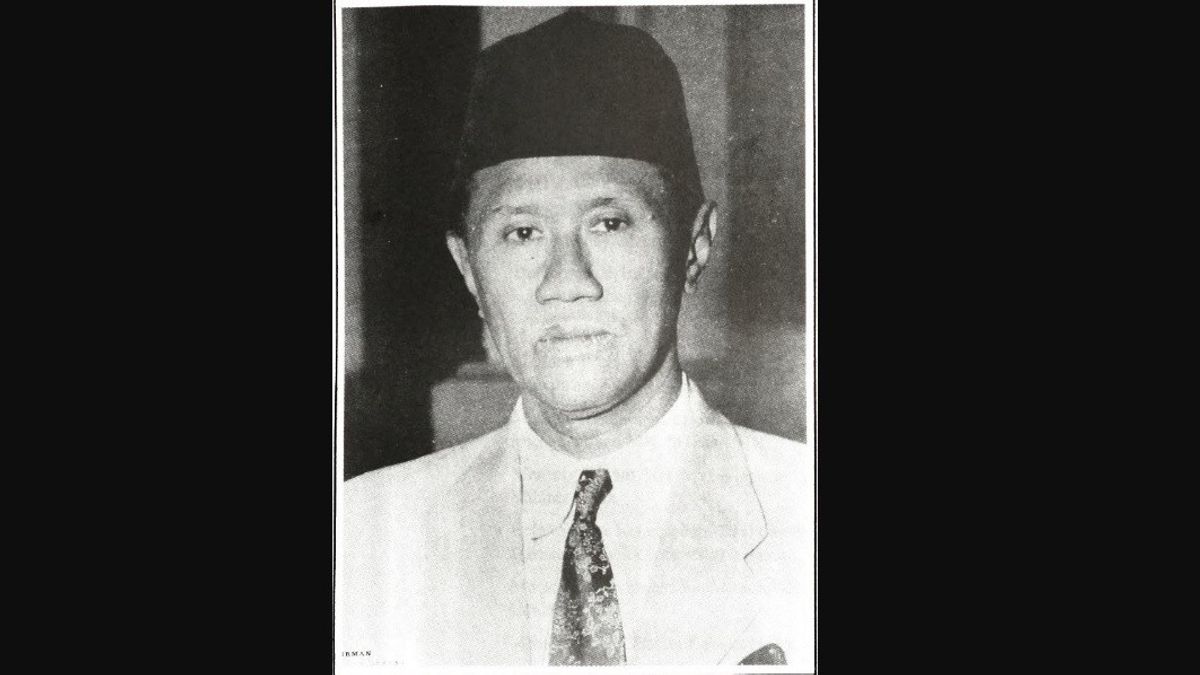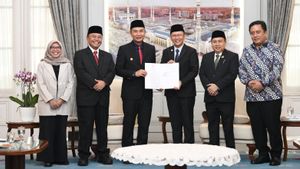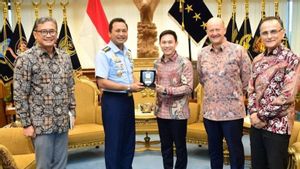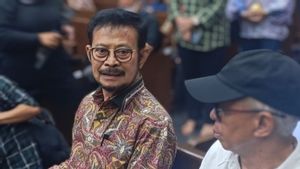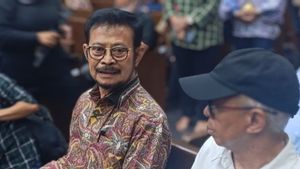JAKARTA - On June 19, 1898, an Indonesian figure was born in Surakarta. He is Soekiman Wirjosandjojo, who was chairman of the Masyumi Party council from 1945 to 1951. Initially, Soekirman was involved in politics as a secular-nationalist.
Launching from the book Islam and Politics in Indonesia: The Masyumy Party Between Democracy and Integralicism, Soekiman's older brother named Satiman Wirjosandjojo is one of the founders of Tri Koro Dharmo who later changed to Jong Java. Soekiman's political orientation changed to an Islamic nationalist after he studied from the Netherlands.
Previously, Soekiman attended the STOVIA medical school in Jakarta. After graduating, he continued his medical school in the Netherlands to study internal diseases, especially lung disease. In the Netherlands, Soekiman was also active in the Indonesian Association and became president of the organization with the support of Mohammad Hatta. After that, Soekirman returned to Indonesia and joined the Indonesian Islamic Syarikat Party (PSII).
However Soekiman left PSII and in 1933, Soekiman and Surjopranoto founded the Indonesian Islamic Party. The cause of Soekiman's departure from PSII was known to be due to a disagreement between Soekiman and Cokroaminoto regarding the Pegadaian Working Group.
Soekiman was later also listed as a member of the Indonesian Independence Preparatory Investigation Agency (BPUPKI). Soekiman also became someone who led to the birth of the Masyumi Party after the 1945 Proclamation and became chairman of the council. Soekiman was noted as a leader who did not cooperate closely with Japan, even though the name Masyumi was Japanese.
On April 27, 1951, Soekiman was trusted to be prime minister. Not only the prime minister, Soekiman at that time also held the position of Minister of Defense. Soekiman became prime minister until 1952.
THR was bornLaunching Historia, holiday allowances (THR) appeared during the Soekiman cabinet era. This allowance is given to employees at the end of the fasting month. The Soekiman Cabinet was inaugurated by President Soekarno in April 1951. One of the work programs of the Soekiman cabinet was to improve the welfare of civil servants or now ASN. At that time, the Soekiman Cabinet provided an allowance for employees at the end of Ramadan of Rp. 125 to Rp. 200.
At that time, giving the THR was intended as an effort to win over the state apparatus to support the cabinet that was currently THR. It was also hoped that state officials felt that the government had provided the best service than the previous cabinet, namely Moh. Natsir.
Until now, THR has become a routine budget in the government and even private companies have such a policy. This is because if a company is absent from paying employees' THR, it can be reprimanded by the government.
The English, Chinese, Japanese, Arabic, and French versions are automatically generated by the AI. So there may still be inaccuracies in translating, please always see Indonesian as our main language. (system supported by DigitalSiber.id)
